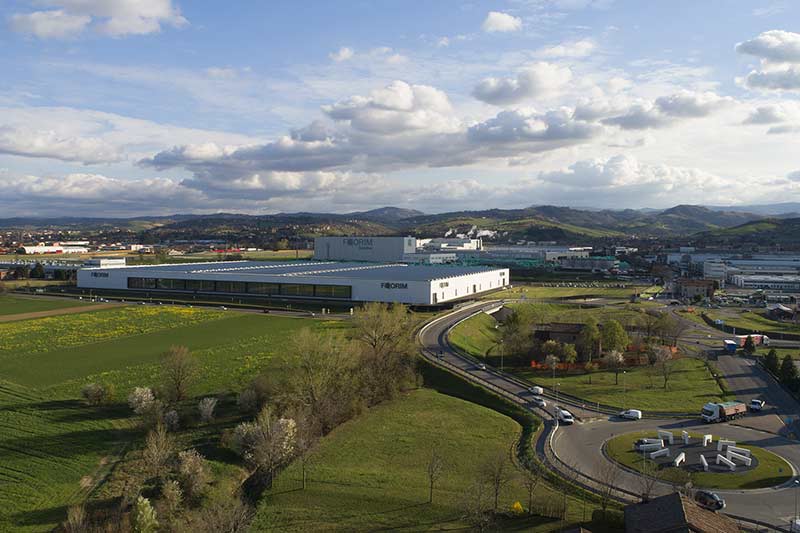Learn about the advancements in tile manufacturing and environmental sustainability

Environmental sustainability in tile manufacturing is becoming increasingly important as society seeks to minimise its ecological footprint. Here are some key aspects and practices involved in making tile manufacturing more environmentally sustainable:
Material Selection: Opting for eco-friendly raw materials is crucial. Manufacturers can choose materials like recycled glass, porcelain, or natural stone, which have lower environmental impacts compared to traditional materials like ceramic.
Energy Efficiency: Implementing energy-efficient technologies and processes reduces the overall energy consumption of the manufacturing facility. This can include using renewable energy sources like solar or wind power, optimising kiln designs for better heat retention, and employing energy-efficient lighting and machinery.
Water Conservation: Tile manufacturing typically involves significant water usage. Implementing water recycling systems, using closed-loop water systems, and optimising water usage in production processes can significantly reduce water consumption and minimise environmental impact.
Waste Reduction and Recycling: Minimising waste generation and increasing recycling rates are essential for sustainability. Manufacturers can implement strategies such as reusing production waste in tile manufacturing, recycling water and materials, and responsibly disposing of hazardous materials.
Low-Emission Technologies: Utilising low-emission kilns and reducing air pollution from manufacturing processes can help minimise the environmental impact of tile production. This includes adopting cleaner fuel sources and implementing emissions control technologies.
Certifications and Standards: Adhering to environmental certifications and standards, such as LEED (Leadership in Energy and Environmental Design) or ISO 14001, demonstrates a commitment to sustainability and ensures compliance with environmental regulations.
Transportation Efficiency: Optimising transportation routes and using low-emission vehicles for transporting raw materials and finished products can help reduce the carbon footprint associated with tile manufacturing.
Life Cycle Assessment: Conducting life cycle assessments (LCAs) helps identify areas for improvement throughout the entire lifecycle of a tile, from raw material extraction to end-of-life disposal. This holistic approach allows manufacturers to make informed decisions to minimise environmental impacts.
Product Innovation: Investing in research and development to create innovative, sustainable tile products, such as lightweight tiles or tiles made from unconventional materials, can help drive sustainability in the industry.
Education and Awareness: Educating employees, customers, and stakeholders about the importance of environmental sustainability in tile manufacturing fosters a culture of responsibility and encourages the adoption of sustainable practices throughout the supply chain.
By integrating these practices into their operations, tile manufacturers can contribute to a more sustainable future while meeting the growing demand for environmentally friendly products.
If you’d like our assistance to choose the most environmentally sustainable tiles for your project, you can arrange a consultation with the team at Tiento. We can provide valuable insights to help you achieve a well-balanced and visually appealing transformation that is kind on the environment.







